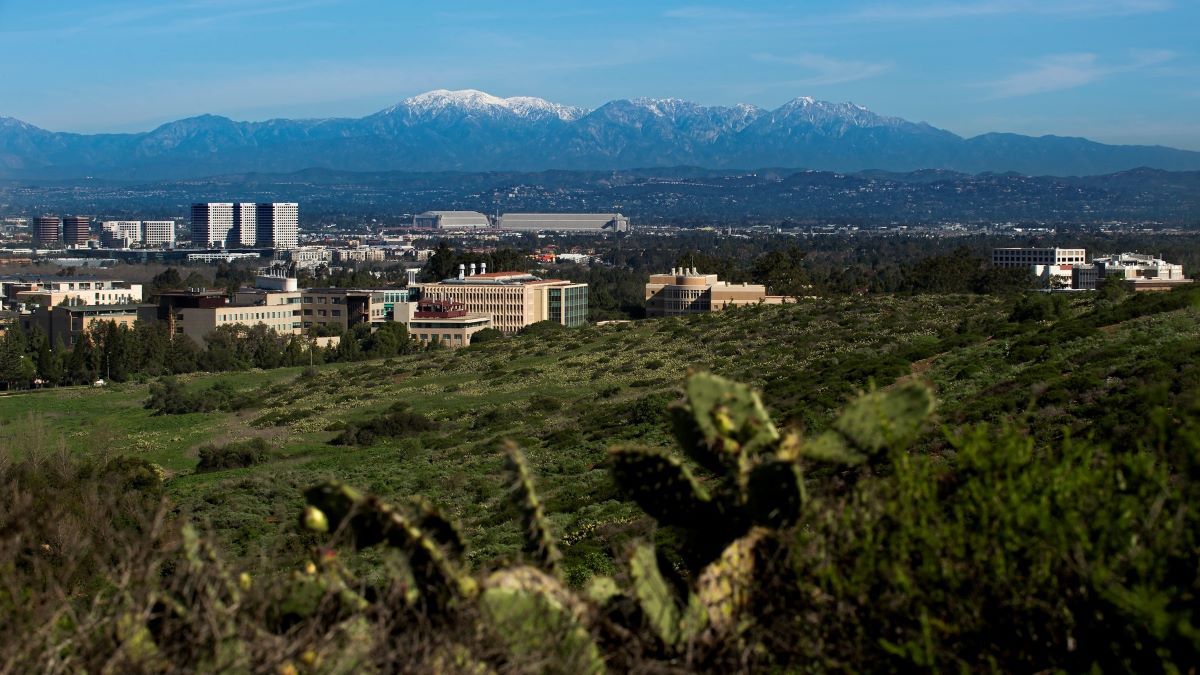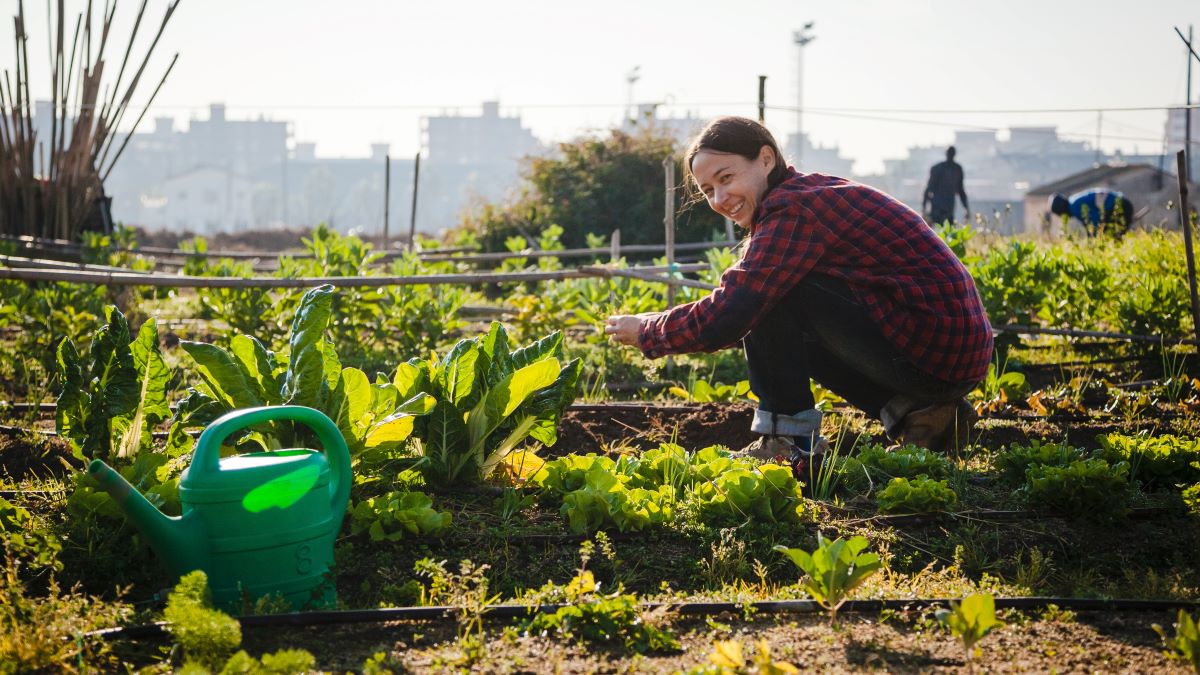Spending time in green spaces is clinically proven to be good for your health. But what about going green at home, can it help to remedy the impact of stress in modern life?
It’s not just knowledge about the effects of climate change on our planet that’s affecting people’s mental health. It’s also how climate change impacts economics, employment, and extreme weather patterns and trickles down to affect nations, states, communities, and households.
Experts say you can combat depression and anxiety by living a more sustainable lifestyle. Here are a few of the lessons you can apply to your daily life.

Reversing the Negative Mental Health Side Effects of Climate Change
Ninety percent of Greenlanders accept that climate change is happening, and according to the Greenlandic Perspective Survey this knowledge is making people depressed and anxious. It would stand to reason then that doing something about climate change — even if it’s just one person doing a few things differently in their daily life — can reverse a negative state of mental health.
According to Dr. Brian Wind, a clinical psychologist, leading a sustainable lifestyle can help ease depression or anxiety. And it delivers many mental health benefits.
- Improved mindfulness. Sustainable living improves mindfulness. Through the process of examining the environmental impact of your daily activities, you become more aware of the influence your actions have on your mood and emotions. You focus better and ruminate less.
- Life with a purpose. Having a goal to protect the Earth can boost your confidence and self-worth as you work toward a greater purpose. Spreading awareness about the environment and adopting sustainable practices can give you a sense of accomplishment. You also become part of an environmentally conscious community, which provides social support. This gives you a more positive outlook on life and reduces depression symptoms.
- Improved physical health. Reducing your carbon footprint by cycling to work instead of driving can relieve stress, improve your mood, and lead to better sleep quality. Growing your own food involves physical activities such as shoveling and weeding. This can increase the production of serotonin which boosts your mood and is a neurotransmitter that is targeted by antidepressants.
Linking Environmental Problems to Poor Mental Health
Physical health is not the only casualty of a sick environment. Mental health and well-being are just as susceptible to an unhealthy environment. There are many links between climate change and ill health, but those specifically tied to mental well-being include:
- Air pollution: Unsafe air is obviously a threat to our lungs and heart, but there is growing evidence of a link between some air pollutants and mental illnesses like depression, anxiety, dementia, and even suicide. According to a recent London-based study in Psychiatry Research, the risk is particularly high among young people in urban areas, with children three to four times more likely to develop depression by age 18 if they were exposed to dirty air at age 12. A study by the Cincinnati Children’s Hospital Medical Center found a link between high traffic-related air pollution and children’s anxiety.
- Lead: Lead is a toxic heavy metal that negatively affects the nervous system. Even low levels of lead concentration in the blood may be associated with behavioral difficulties and learning problems in kids.
- Urbanization: Getting rid of green spaces might create housing and job opportunities and vibrant work-live-play communities, but it does nothing for the good of the planet. A report from the Intergovernmental Science-Policy Platform on Biodiversity and Ecosystem Services (IPBES) notes that urbanization can increase isolation from nature. As a result, people don’t take advantage of the mental health benefits that come from being surrounded by natural environments.
Trust In and Give Back to the Earth
The natural world can be a salve if you trust it to be there for you and give you the sustenance your mind and body crave. “Going green is strongly connected to trusting oneself,” says Amanda Atkins, a marriage and family therapist in Chicago.
She gives one example that can bring a person closer to the earth, and closer to a mentally healthy place. “Growing a garden promotes self-sufficiency and self-trust. These days, life is uncertain. Knowing you have a garden full of healthy food can decrease anxiety and increase empowerment,” says Atkins. “There is something empowering about being part of a bigger process. Going green allows us to feel connected to improving the state of the planet — which is a pretty important role. This can decrease anxiety and increase connection to others.”
Even at such a dire time as we are experiencing now during the pandemic when isolation and stress are part of daily life, the smallest efforts to create sustainability within your own personal surroundings is a move toward a healthier living space and healthier state of mind.
The executive director of the UN Environment Programme, Inger Andersen, said, “The full health benefits of the natural world are too extensive to list. [Nature] is the ultimate healthcare system.”
The post Can Going Green Improve Your Mental Health? appeared first on Earth 911.








